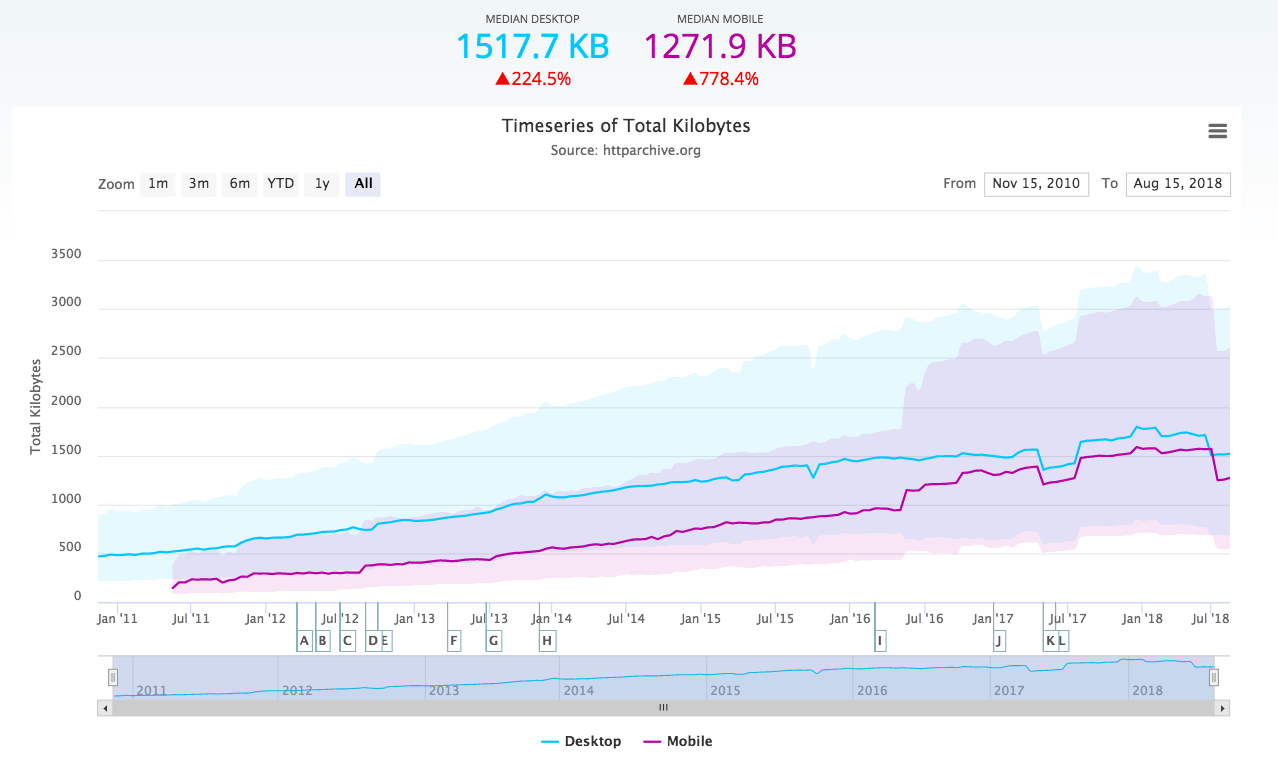 The Web has created its own set of words, but their popularity change over time. We have checked the trends for 45 different Web-related terms such as “social media”, “blogging”, “RSS”, “Web 2.0” and their like. For your convenience, we have collected the results in a handy, alphabetically sorted table that you can see below.
The Web has created its own set of words, but their popularity change over time. We have checked the trends for 45 different Web-related terms such as “social media”, “blogging”, “RSS”, “Web 2.0” and their like. For your convenience, we have collected the results in a handy, alphabetically sorted table that you can see below.
We have focused on the popularity of general terminology, not products. For example, we included the term “microblogging”, but not “Twitter”.
We used world-wide Google search data as a basis for judging the trends.
A few interesting observations regarding some of the terminology:
- “Web 2.0” peaked in 2007 and has been decreasing in 2008.
- The ever-popular “cloud computing” actually dropped sharply late in 2008 after having been increasing rapidly since late 2007.
- While the interest for “blogging” hasn’t changed much over the last couple of years, “microblogging” has seen a rapid rise since early 2007 (presumably due to Twitter).
- “Blogger” has been increasing four years straight.
- “Ecommerce” is decreasing.
- “RSS” is decreasing.
- “Affiliate program” saw a sharp increase during the second half of 2008.
Now on to the full list of terms!
Each term in the table below is linked to its page on Google Insights for Search in case you want to take a closer look at its trend curve.
| Term | Current trend | Comment |
|---|---|---|
| Affiliate program | Sharp increase second half of 2008, though the trend seems to have turned down at the end of the year. | |
| API | Slight downward trend 2004-2008. | |
| Blog | More or less unchanged in 2008. Rising trend 2004-2007. | |
| Blogger | Steady increase 2004-2008. | |
| Blogging | More or less unchanged in 2008. Largest peak in 2005. | |
| Cloud computing | Strong increase in 2008 overall, but the end of the year trend saw a sharp decline, so we counted this one as downward. | |
| Crowdsourcing | Sharp rise in Q2 2006. Slight increase in 2008. | |
| DDoS | Slight increase in 2008. | |
| Ecommerce | Slow decline 2004-2008. | |
| File sharing | Downward trend 2004-2008. | |
| Folksonomy | Sharp rise at end of 2004. Largest peak in mid-2007 and slight downward trend since then. | |
| Instant messaging | Steady downward trend 2004-2008. | |
| Intranet | More or less unchanged since 2006. | |
| Long tail | Peaked mid-2006. Downward trend since then. | |
| Mashup | Increased 2004-2007. More or less unchanged in 2008. | |
| Microblogging | Rising rapidly since beginning of 2007. | |
| Microformat | Peaked first half of 2007. Downward trend since then. | |
| Micropayment | More or less unchanged since 2007. | |
| Mobile web | More or less unchanged in 2008, but curve is downward second half of the year. | |
| P2P | Peaked in 2005. | |
| Pagerank | Slight downward trend since 2007. Small increase in late 2008 though. | |
| Phishing | Slight downward trend since 2007. | |
| Podcast | Sharp increase in 2005. Slight decrease in 2008. | |
| RSS | Peaked in 2005. Slight downward trend since then. | |
| RSS feed | Peaked in 2005. Slight downward trend since then. | |
| SaaS | Slight upward trend. | |
| Semantic web | Slight downward trend 2004-2008. | |
| SEO | More or less unchanged in 2008. | |
| SOA | Downward trend in 2008. Was increasing 2004-2006. | |
| Social media | Have been rising since 2006. Flat before then. | |
| Social network | Have been rising since 2006. Flat before then. | |
| Social networking | Only a slight increase in 2008. Sharp increase in 2006 and 2007. | |
| Social search | Sharp decline at the end of 2008. | |
| Spam | Slight downward trend 2004-2008, aside from a slight increase in late 2006. | |
| Streaming video | More or less unchanged overall in 2008. Slight downward trend 2004-2006. | |
| Torrent | Steady increase 2004-2008. | |
| Web 2.0 | Peaked in 2007. | |
| Web 3.0 | Was increasing in 2006-2007, but 2008 has seen a slight decrease. | |
| Web service | Peaked in 2005. Slight downward trend since then. | |
| Web TV | Sharp increase in 2007, slight decrease in 2008. | |
| Video streaming | Sharp increase in 2008. | |
| Widget | More or less unchanged in 2008. Interest rose sharply in Q2 2005. | |
| WiFi | Slight upward trend 2004-2008. | |
| Wiki | Steady increase since 2005. | |
| VOIP | Peaked in 2005. |
We hope you found this interesting!
If we missed any terms you feel are relevant, please let us know in the comments.
A few notes regarding the data:
We used Google Insights for Search to see the trends for the different terms. That data is from 2004 and onward. For terms with more than one word we used quotes to get exact matches (e.g. “social media”).


























